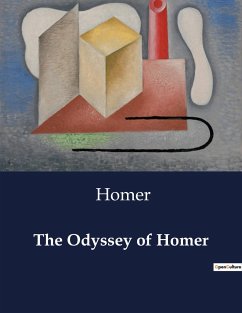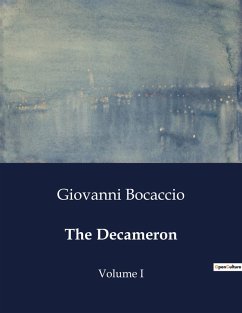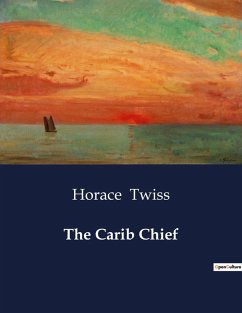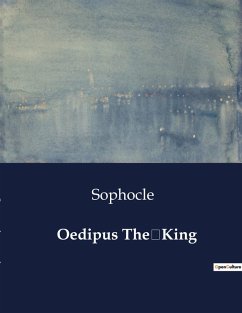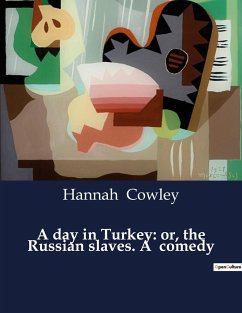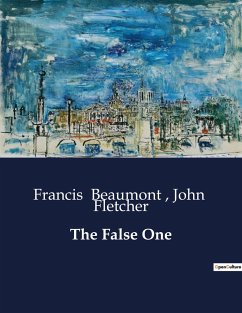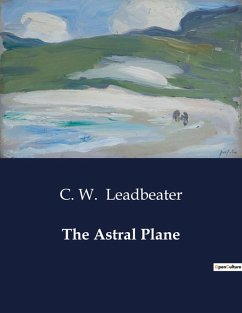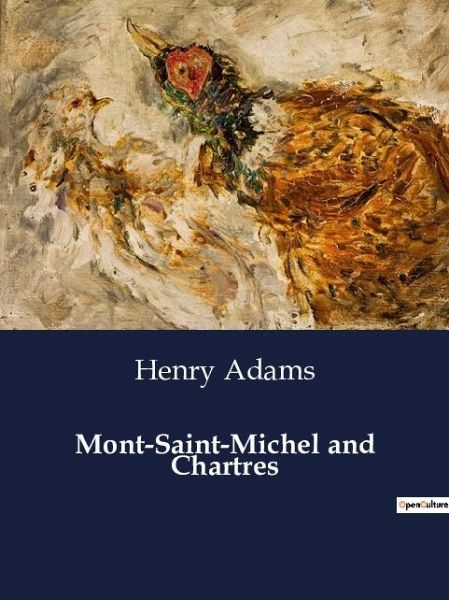
Mont-Saint-Michel and Chartres
Versandkostenfrei!
Versandfertig in 1-2 Wochen
22,90 €
inkl. MwSt.

PAYBACK Punkte
0 °P sammeln!
"Mont-Saint-Michel and Chartres" by Henry Adams is a profound exploration of medieval architecture, spirituality, and cultural symbolism. Through meticulous research and vivid prose, Adams takes readers on a journey through the architectural wonders of Mont-Saint-Michel and Chartres Cathedral, illuminating their significance as expressions of medieval faith and civilization. From the towering spires to the intricate sculptures adorning their facades, Adams captures the beauty and majesty of these iconic landmarks while delving into their historical and cultural contexts. As he explores the int...
"Mont-Saint-Michel and Chartres" by Henry Adams is a profound exploration of medieval architecture, spirituality, and cultural symbolism. Through meticulous research and vivid prose, Adams takes readers on a journey through the architectural wonders of Mont-Saint-Michel and Chartres Cathedral, illuminating their significance as expressions of medieval faith and civilization. From the towering spires to the intricate sculptures adorning their facades, Adams captures the beauty and majesty of these iconic landmarks while delving into their historical and cultural contexts. As he explores the interplay between religion, art, and society, Adams offers profound insights into the enduring legacy of the Middle Ages and its relevance to the modern world. "Mont-Saint-Michel and Chartres" is a captivating blend of art history, theology, and cultural critique that continues to inspire readers with its depth and richness.






